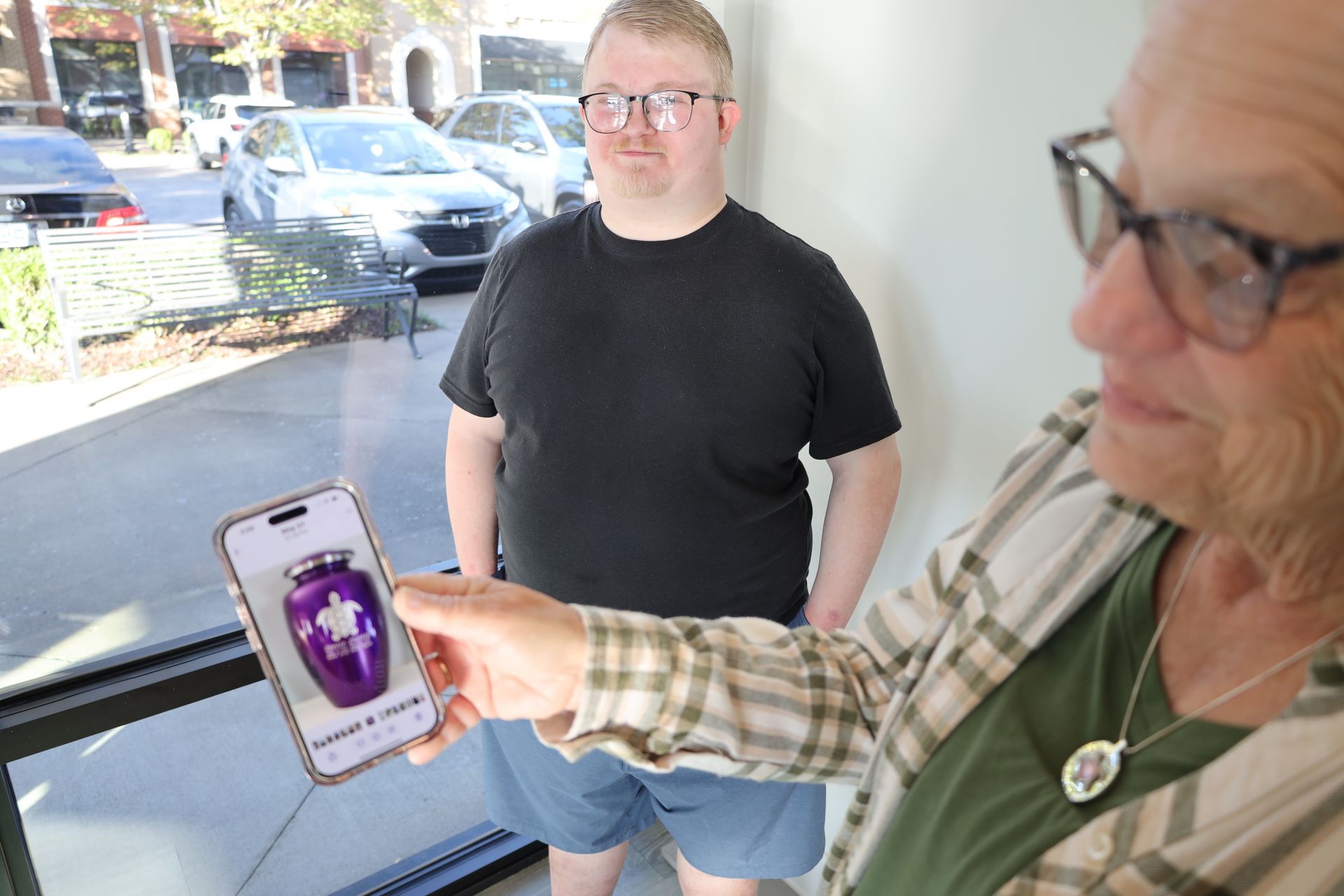What is Tinnitus? Causes and Symptoms
Navigating Tinnitus

Tinnitus, often described as a persistent ringing or buzzing sound in the ears, is a common auditory phenomenon that affects millions of people worldwide. While tinnitus is not a disease itself, it can be a symptom of an underlying issue. At Johnson Audiology, we are committed to helping you understand tinnitus and guiding you through the steps to manage this often-distressing condition.
Understanding Tinnitus
Tinnitus can vary in intensity and pitch, and it may present as a constant sound or come and go intermittently. It can be caused by a range of factors, including exposure to loud noise, age-related hearing loss, earwax blockage, and even certain medications. Tinnitus can impact your quality of life, leading to sleep disturbances, difficulty concentrating, and emotional distress.
Steps to Manage Tinnitus
- Consult an Audiologist: If you're experiencing tinnitus, the first step is to seek professional help. A university-trained audiologist, a hearing health specialist, can conduct a comprehensive evaluation to determine the underlying cause of your tinnitus and its impact on your hearing.
- Identify Underlying Causes: Tinnitus often has an underlying cause, such as hearing loss, a medical condition, or exposure to loud noise. An audiologist can help identify these causes and recommend appropriate treatment options.
- Customized Treatment Plans: Based on the evaluation, your audiologist will develop a personalized treatment plan tailored to your specific needs. Treatment approaches may include:
- Hearing Aids: If hearing loss is contributing to your tinnitus, hearing aids can help by amplifying external sounds and reducing the perception of the tinnitus. More than 90% of those who have tinnitus, also, have hearing loss, even if the loss is mild.
- Sound Therapy: Sound therapy involves using external sounds, such as white noise or nature sounds, to mask or distract from the tinnitus noise.
- Counseling: Counseling and education can help you better understand tinnitus and learn coping strategies to manage its impact on your daily life.
- Tinnitus Retraining Therapy (TRT): TRT combines sound therapy and counseling to help you habituate to the tinnitus and reduce its perception over time.
- Lifestyle Modifications: Your audiologist may recommend lifestyle changes, such as managing stress, avoiding loud noise exposure, and adopting healthy sleep habits.
- Monitor and Adjust: Tinnitus management is an ongoing process. Regular follow-up appointments with your audiologist allow for adjustments to treatment plans based on your progress and changing needs.
- Seek Support: Tinnitus can be emotionally distressing. It is important to seek support from friends, family, and even support groups where you can connect with others who are experiencing similar challenges.
While tinnitus can be disruptive, understanding the condition and taking proactive steps to manage it can lead to improved quality of life. At Johnson Audiology, our dedicated team of audiologists is here to guide you through the journey of tinnitus management, providing the expertise and support you need to find relief and regain control over your hearing health.
Contact us today to take the first step toward a more peaceful and harmonious auditory experience.
Recent Posts




